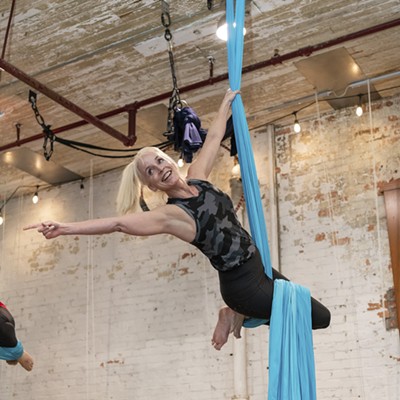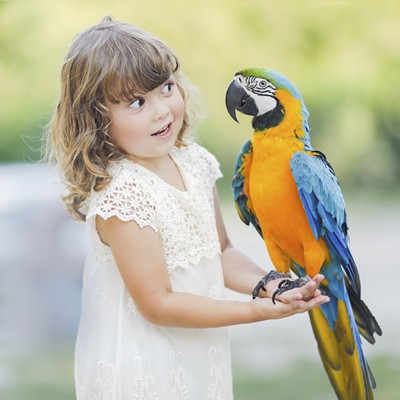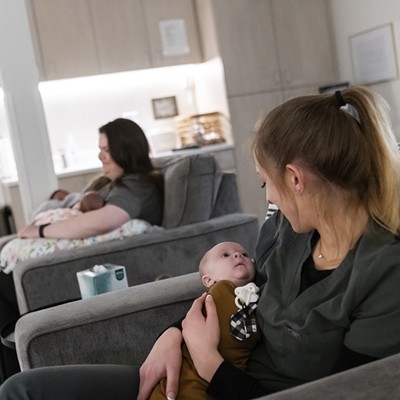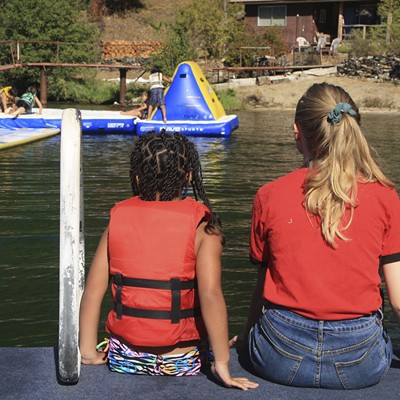Should parents defuse the “forbidden” and let kids try alcohol in the protected environment of home? In a University of North Carolina study, researchers examined that question. About a quarter of parents of third-grade children in the study said they let their young children taste alcohol in an attempt to keep them from abusing it later on. Forty percent of parents believed that not allowing children to have alcohol would just make them desire it more.
Some academics have bought into the notion that large-scale prohibition just leads to more recklessness. In 2008, 135 college presidents, including the presidents of Pacific Lutheran University and the College of Idaho, signed a petition to lower the drinking age to 18. Binge drinking, they believed, was exacerbated because it happened in private.
“The idea is generally based on common sense,” says Haske van der Vorst, author of a Dutch study examining exposing kids to alcohol at home published in the Journal of Alcohol and Drugs. “For example, the thinking is that if parents show good behavior — here, modest drinking — then the child will copy it.”
But in reality, van der Vorst’s study found the opposite occurred: those children exposed to alcohol by their parents were more likely to develop alcohol-related problems later.




















